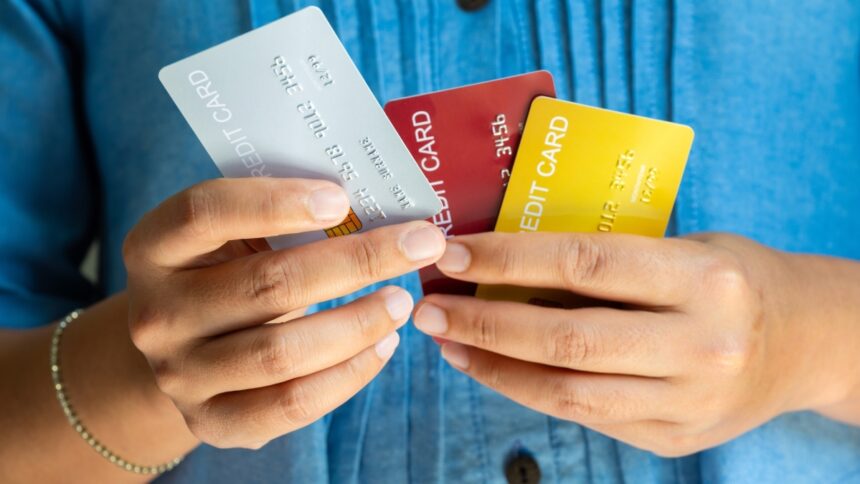Understanding Credit Card Delinquency and How to Overcome It
Experiencing overdue credit card payments is a common issue that many people face. In most instances, remedying the situation is straightforward—pay the overdue amount and carry on. However, credit card obligations can accumulate uncontrollably if payments are neglected. Recent statistics indicate that the typical American household’s credit card debt hovers around $8,000, with nearly 9% of households falling behind on repayments during the first quarter of 2024. Alarmingly, credit card delinquencies have surged to their highest point since the Federal Reserve began tracking this data in 2012 .
This article outlines what happens when credit card payments lapse and the steps to manage the situation effectively.
Defining Credit Card Delinquency
Credit card delinquency occurs when a payment is missed, even if it is just the minimum required amount, which can happen as soon as a day past the due date. Minor instances of delinquency can often be rectified quickly with minimal effect on your credit score, as most card issuers typically report missed payments only after they are 30 days overdue.
If a bill is found to be overdue, it is important to pay it promptly. Ideally, settle the full statement balance to avoid incurring late fees and interest, which begins accumulating immediately once a balance is carried over to the next billing cycle post-due date. For those who have never missed a payment before, the credit card issuer might waive the late fee; the Consumer Financial Protection Bureau has recently capped these fees at $8.
In cases where delinquency lasts for 30 days or more, more serious repercussions are likely, such as a decrease in credit score, and potential account suspension or closure.
Consequences of Credit Card Delinquency
Once a credit card payment is overdue by more than 30 days, this delinquency will be reflected in the records of the three major credit bureaus (Equifax, Experian, and TransUnion). As a result, a decline in credit score is likely, considering that payment history constitutes 35% of your FICO score. It is also possible that the credit card provider may place a temporary hold on the account, preventing further purchases.
If delinquency extends to three or four months, the credit card company may restrict access to the account until payment arrangements are made. After four to five months of unpaid dues, the credit card might be disabled, and continued inaction for six months will likely result in the account being closed and the outstanding debt marked as a charge-off , which may affect your credit report for as long as seven years.
Charging off a debt carries additional repercussions. The debt may be assigned to a collection agency, which would report the default to the credit bureaus, and you are still responsible for settling the debt.
Strategies for Managing Credit Card Delinquency
The optimal approach to handling delinquency is to completely avoid it by ensuring credit card bills are paid punctually and in full. If a payment is accidentally missed or there is a need for a short extension, avoiding panic is essential. Quickly address the overdue amount and aim to maintain future punctual payments. Setting up automatic payments can greatly assist in avoiding future lapses.
If facing a delinquency of 30 days or more, it is crucial to act and communicate with the credit card company right away to explore possible solutions. Some issuers provide hardship programs or tailored payment plans designed to assist customers in distress.
Should direct negotiations with the credit card company fail to yield results, exploring alternative options may be warranted. This could involve enrolling in a debt management program through a nonprofit credit counseling service or considering a consolidation loan.












